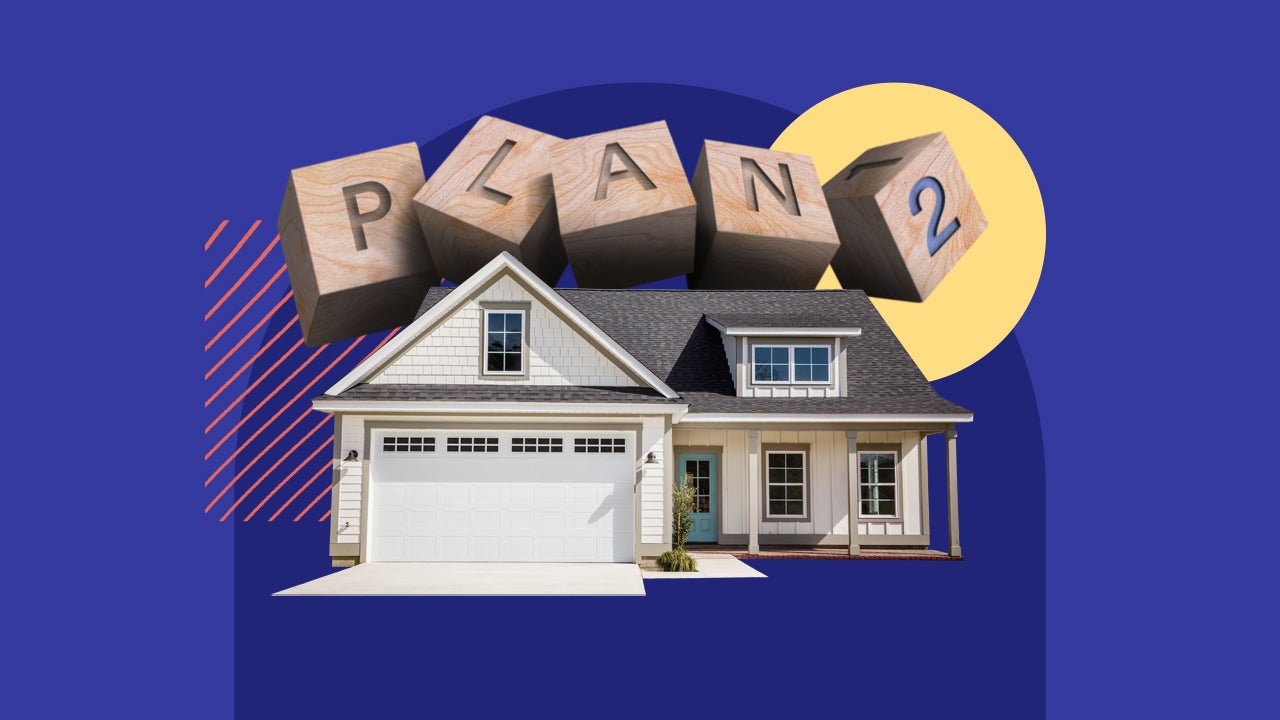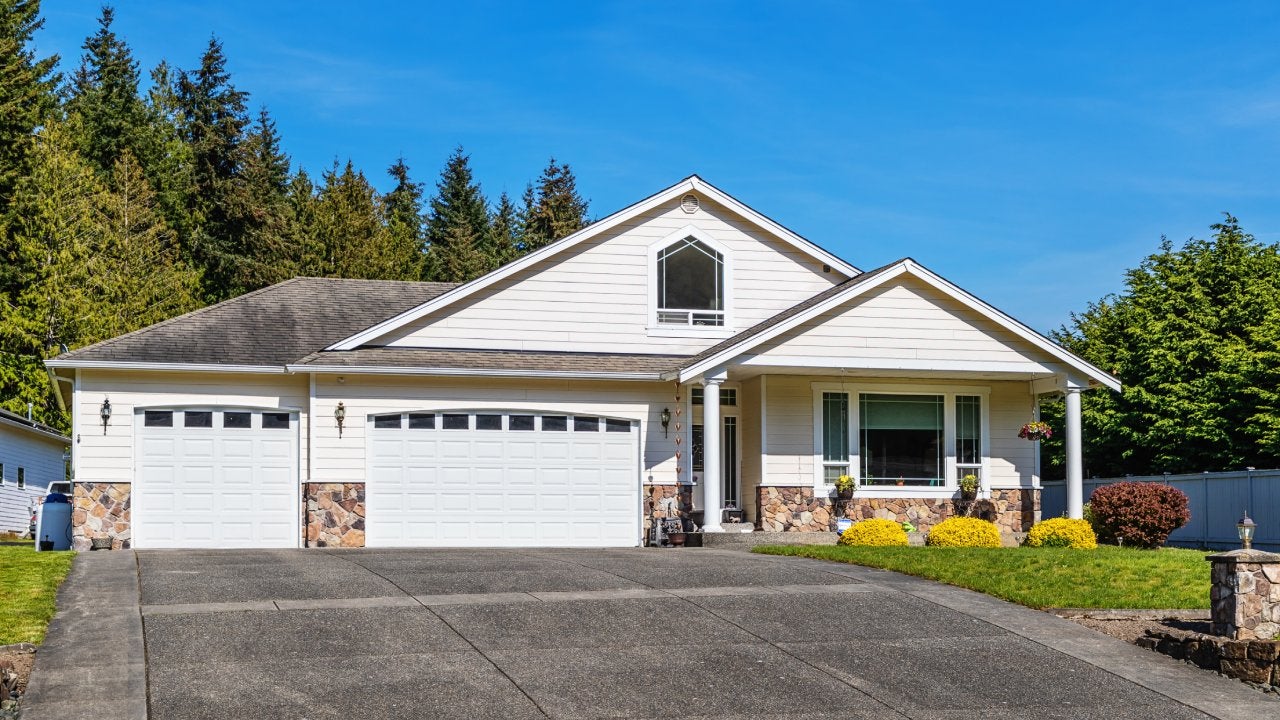Multiple offers on your house? How to choose the right one

Yes, the housing market has started to cool. Even so, in most places throughout the country, sellers find themselves in an enviable position. With housing inventory still tight and prices still high, odds are you might find yourself entertaining multiple offers on your house. In fact, a recent National Association of Realtors analysis found that there were approximately 2.8 offers for every home listed in July 2022.
While we all love options, and a bidding war over your listing is certainly flattering, this situation can be head-spinning for a seller. Is the highest offer always the best offer? Here, real estate agents offer advice on how to compare potential buyers, and what to consider before choosing a winning bid.
With multiple offers, does the highest bidder win?
“The first thing people go to is price, but that can be very short-sighted,” says Kimberly Allard, a broker and Realtor at Century 21 Professionals in Massachusetts. “Somebody can offer you whatever [amount] they want, but if they can’t support how they’re going to fund it, it’s essentially a useless number.”
Price matters, of course, but a homebuyer’s offer is a lot more than just a number. When you sell your house, there are contingencies, timelines and financing to consider. A qualified real estate agent can help you evaluate all of the factors in play, Allard says. Here are some questions she recommends asking about every bidder:
- What percentage of the purchase price is the loan?
- What type of loan is it?
- Are they waiving any inspections?
- Are the dates of the contingencies tight?
- What is the requested closing date?
- Does the buyer have a home to sell?
- What is the amount of their escrow deposit?
- Is the offer legible and on state-approved forms?
- Are all the required disclosures attached?
Clearly, there’s a lot to think about beyond who’s offering the highest purchase price. Let’s look more closely at some of the most important factors when sifting through multiple offers.
Consider contingencies
A home sale generally comes with various contingencies, clauses that let either party back out if certain conditions aren’t met by a specified date. Most offers include an inspection contingency, for example, which lets the buyer get the house inspected — and potentially back out if they find any major problems.
A lot hinges on the applicable timeframes. “To sellers, the contingency timeframes a buyer has in the offer are often considered as important as the offer price,” says Beatrice de Jong, an agent and consumer-trends expert at Opendoor in California. “From a seller’s perspective, these contingencies can be scary, since it means the buyer can back out of the contract.”
When you’re comparing multiple offers on a house, as a general rule of thumb, fewer and shorter is better. Fewer contingencies means there’s less standing between you and the closing table. And shorter timelines mean the buyer is serious. “Buyers who ask for longer-than-usual contingency timeframes are viewed as a red flag by the seller, and may send the message that this buyer is already thinking about canceling,” de Jong says.
Examine each buyer’s financials
You should look at the potential buyer’s overall financial picture, not just their offer price. That means considering the following:
- Loan status: “You want preapproval, not a prequalification,” Allard says. “Preapproval verifies credit, assets and income. The lender has seen paystubs and statements.” Your agent might also get involved here, de Jong adds: “The seller’s agent typically calls the lender to ensure that there are no expectations of delays or problems with the buyer’s financing.”
- Down payment: When it comes to down payment amounts, more is generally better. A small one means a lot of the financing for the home purchase relies on a loan, and that loan may come with hurdles that could interfere with the sale. De Jong says to look for “a bank statement showing the proof of funds for the initial deposit.”
- Current housing situation: If the buyer needs to sell their current home before they can buy yours, they will likely include a contingency to that effect. You could be waiting a long time for their sale to go through.
- Ability to bridge an appraisal gap: When people get a mortgage, their lender has the home professionally appraised to ensure it serves as appropriate collateral for the loan. But what happens if your house appraises too low? Allard recommends asking, “If there’s any gap between the bank’s appraisal, how does the buyer plan to deal with that? Would they be able to bridge the gap?” Especially if your buyers enter a bidding war that pushes up beyond the home’s fair market value, make sure the buyer you choose will be able to cover the difference.
Ultimately, a potential buyer’s financial picture extends well beyond the price of their offer. Your agent should help you dig deeper to get a clear idea of each party when you’re comparing multiple offers on your house.
Is a cash offer always best?
If you’re approached with an all-cash offer, you might be able to skip all of the financing hassle. Because this eliminates the need to work with a mortgage lender, it can streamline the process considerably.
That doesn’t mean it’s always best, though. For starters, be sure to verify that the cash buyer actually has the liquid funds needed to make good on their offer. Ask for proof of funds and consider all of the other details of their offer, too. Are they waiving appraisals? Are there any contingencies that could negatively affect you?
“At closing, no seller’s walking away with a bag of thousand-dollar bills,” Allard says. “Nobody walks away from a closing with [actual] cash.” So while an all-cash offer may look tempting, weigh it just like you would any other offer. It may in fact be your best and safest option — but it may not.
Look at closing timelines
Time is money, and it might be worth accepting a slightly lower offer to make the closing timeline work as conveniently as possible for you.
“The amount of time needed for the buyer to close may be important to a seller,” says de Jong. For example, speed is essential “if they need the funds quickly to buy their next home — or they may prefer a longer timeframe to pack up and move out of the house.”
Ultimately, closing timelines can make or break an offer. Make sure you understand what the timetable would look like for handing over your keys with each offer you consider. It may be worth getting slightly less money for a deal that better accommodates your schedule.
Bottom line
Getting multiple offers on your house puts you in an enviable position. That said, the decision you then need to make is a big one. Make sure you look well beyond offer price to pinpoint the best offer for your unique situation. Your real estate agent should be a big help here.
Why we ask for feedback Your feedback helps us improve our content and services. It takes less than a minute to complete.
Your responses are anonymous and will only be used for improving our website.






